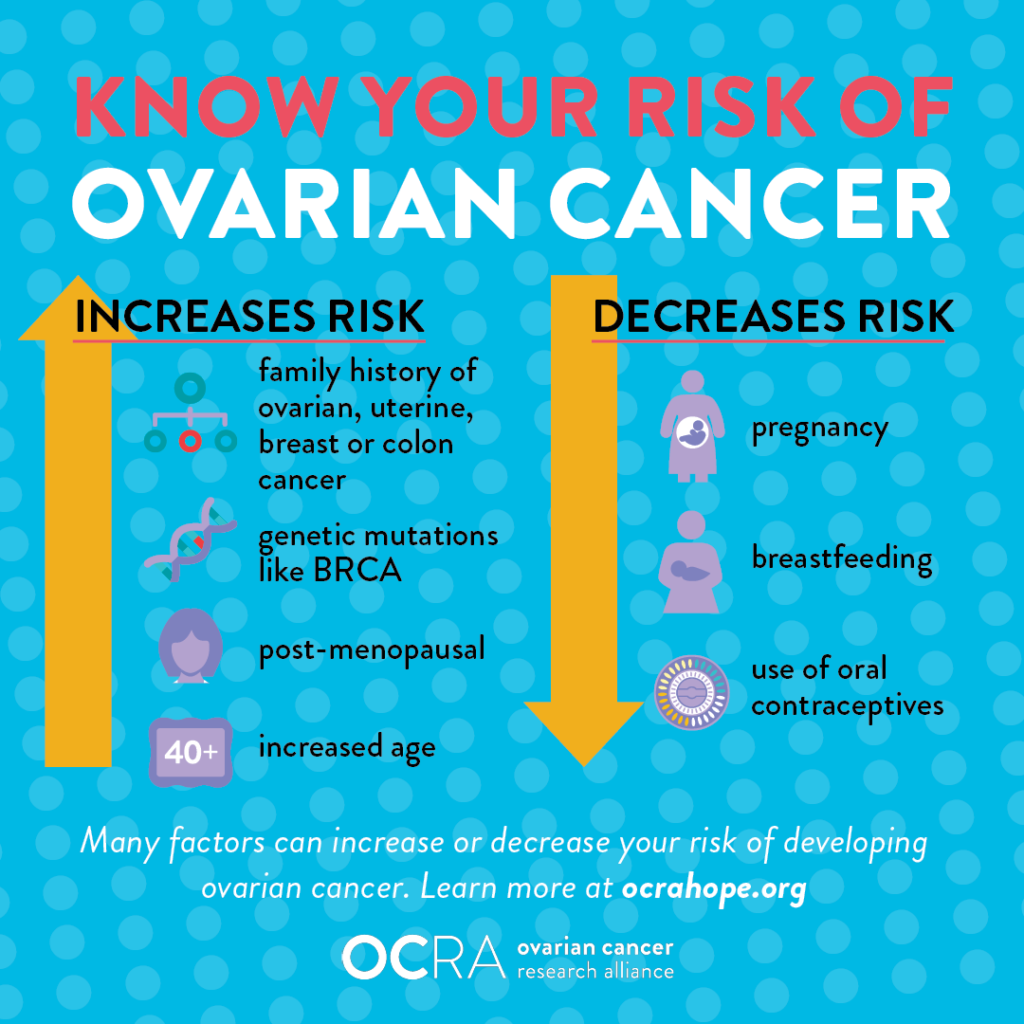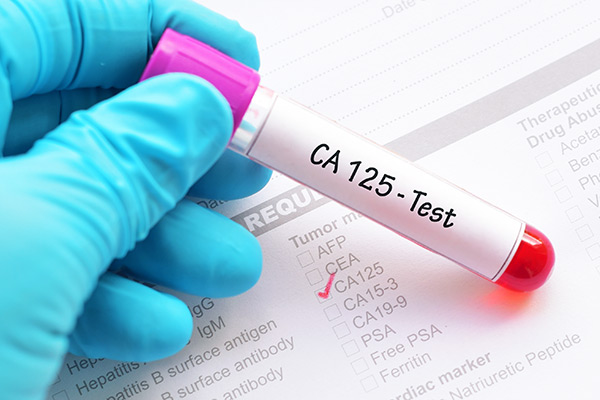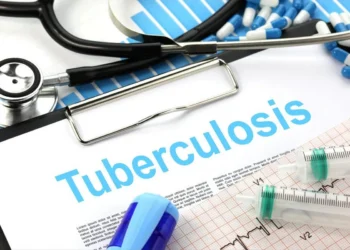Even though, the author has written about ovarian cancer and it’s symptoms in our previous article (Part 1), there are still other important things every lady has to know such as treatments and the do’s and don’ts in managing ovarian cancer.
Ladies, FIRST of all know your risk of ovarian cancer..!!!

At present moment, there are not many ways to exactly detect ovarian cancer in women who do not show any signs or symptoms. This form of cancer has been the hardest to detect so far, hence resulting in many late detection. On that note, there are some other ways one can carry out to detect ovarian cancer.
HOW TO DETECT OVARIAN CANCER?
See A Doctor If You Exhibit Any Symptoms
Usually, cancer will not show any symptoms until it has reached a serious stage. In fact, if you are experiencing symptoms, chances are it could be caused by another non-serious illness.

When a patient is already experiencing symptoms, often the cancer has spread. In fact, there are also some types of ovarian cancer that are more aggressive and can infect nearby organs quickly.
Therefore, women need to be more vigilant if they experience symptoms of ovarian cancer that has been provided in the previous article.
Do A Health Check-Up
When performing a pelvic check-up, doctors can check the size, shape and consistency of the ovaries and uterus. If there are any abnormalities, the doctor can check to see if a growth is present.

A pelvic check-up is especially useful because it can detect cancer at an early stage. However, small sized tumors are very difficult to detect.
Ovarian cancer screening tests such as Pap and HPV tests are not effective in detecting ovarian cancer. Often, if it can be detected using such a test, it is already in its final stage.
Take a screening test
Screening tests are especially useful for detecting cancer in those who have not yet shown any symptoms. However, there are no screening tests for ovarian cancer so far. Currently, the two most commonly used tests to screen for ovarian cancer are transvaginal ultrasound (TVUS) and a CA-125 blood test.

All of these are diagnostic tests that can detect or rule out a diagnosis of ovarian cancer if you experience any symptoms.
The CA-125 blood test is more accurate if used to diagnose ovarian cancer in postmenopausal women. Women with early-stage ovarian cancer often have normal CA-125 levels. Therefore, the doctor may perform this test along with other tests such as an ultrasound on the pelvic area.
TREATMENT
It depends on the situation and the stage of cancer, age and general health. Treatments are usually in the form of surgery, where the ovaries, fallopian tubes, lymph glands (nodes), and uterus will be removed.
Other than that treatments are chemotherapy and radiation.

So, What are the DO’s ad Don’ts in managing ovarian cancer?
DO’s
~ Tell your health care provider about relatives with ovarian cancer.
~ Ask your health care provider about emotional and social support groups in your community.
~ Tell your health care provider about medicine side effects.
~ Live a healthy lifestyle. Eat more fruits, vegetables, and whole grains and fewer fat.
~ Keep to your ideal weight. Exercise.
DON’Ts
~ Don’t miss follow-up health care provider appointments.
~ Don’t get broken because of the illness. Staying hopeful and positive would do you good.
SOURCE : [1,2]
Follow us on Instagram, Facebook or Telegram for more updates and breaking news.








